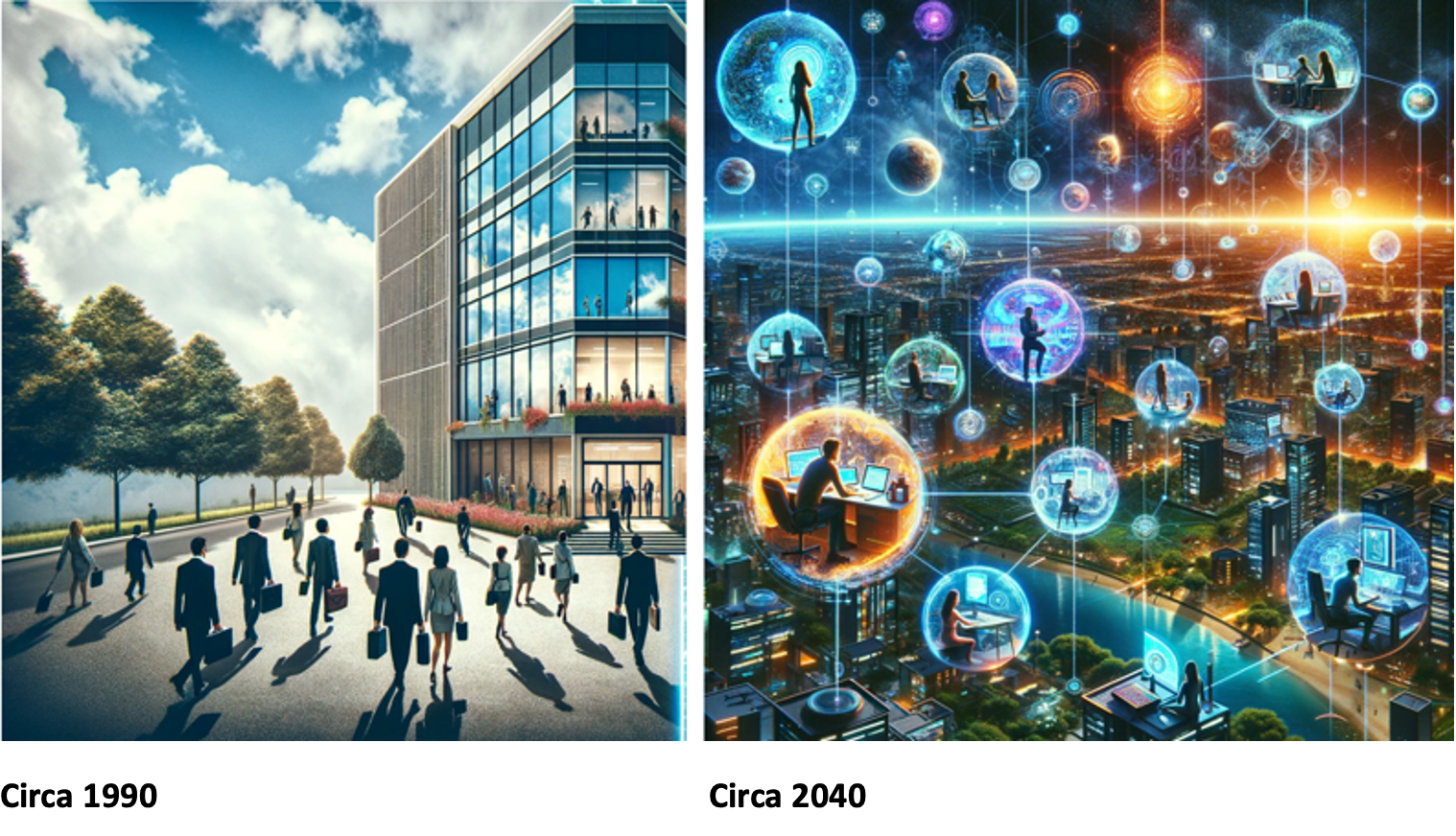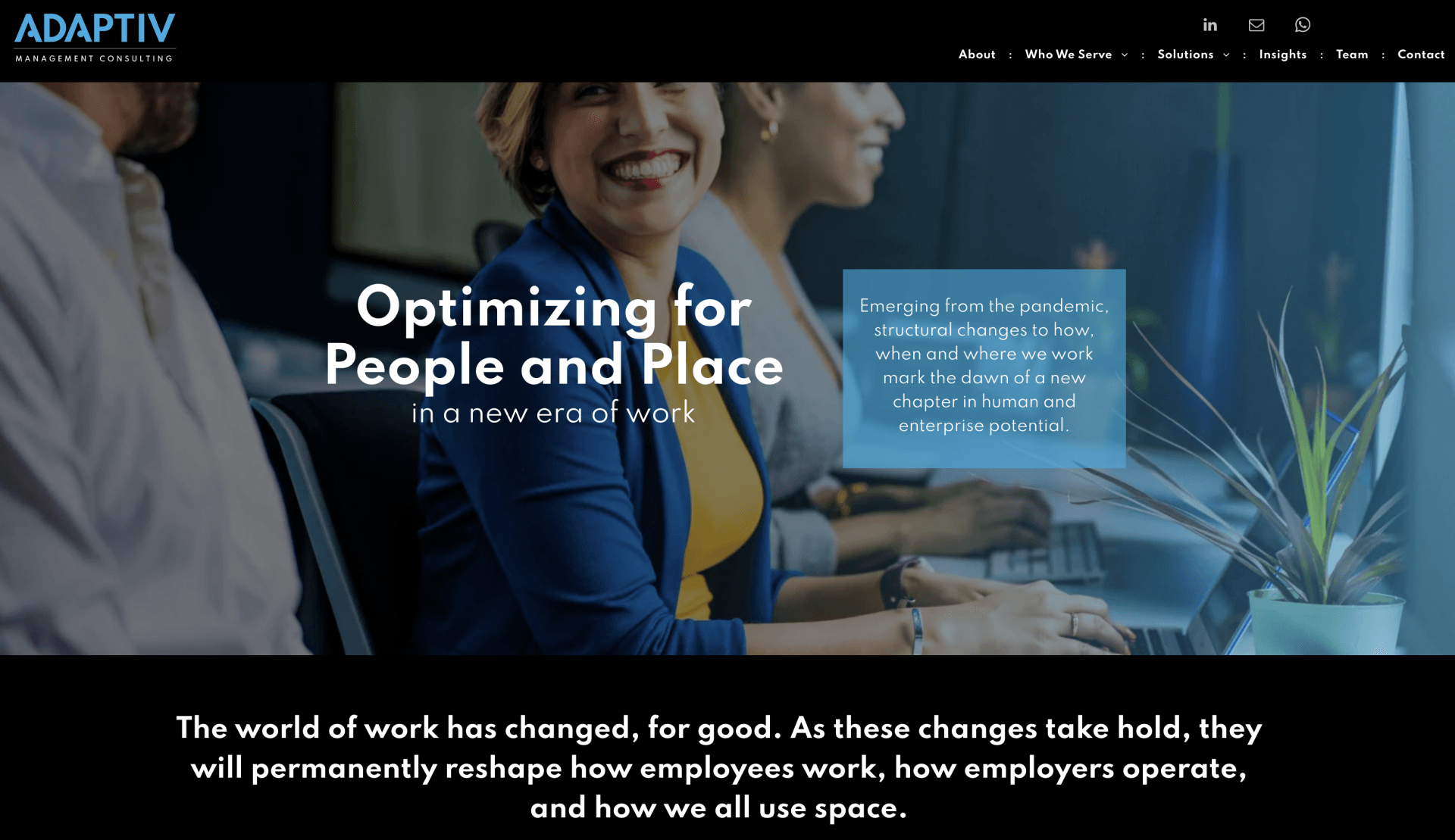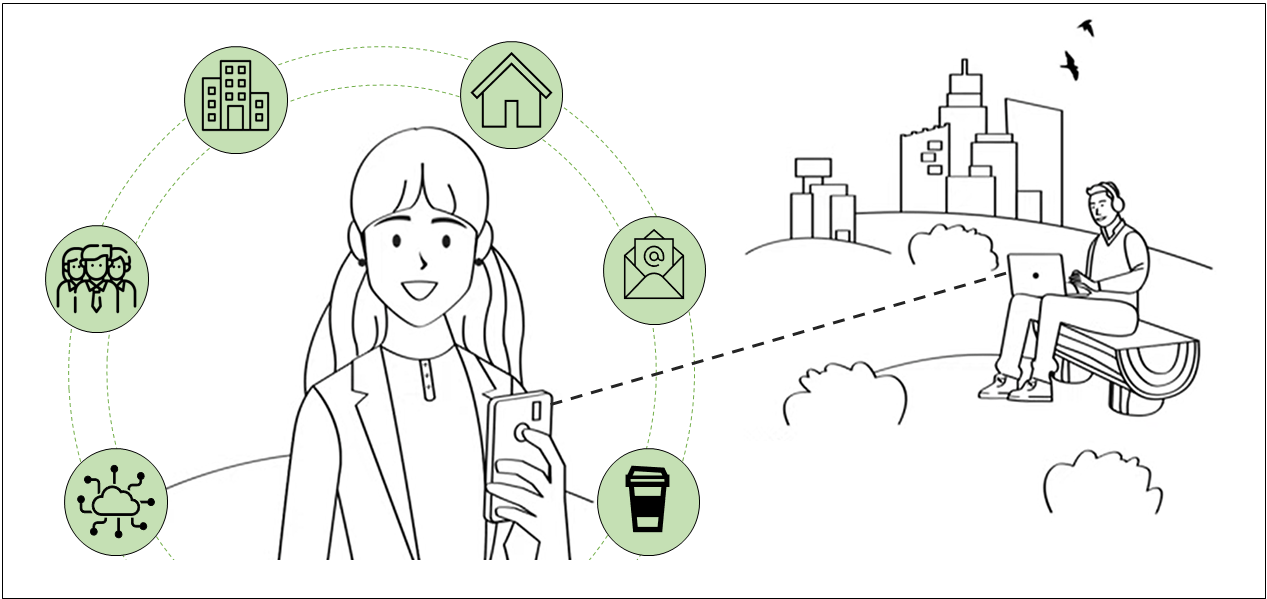Negotiating a landscape marked by paradigm change
Cloud-based business infrastructure digitization and ubiquitous connectivity has literally unplugged today's workforce from the need to come into "the office".

Cloud-based business infrastructure digitization and ubiquitous connectivity has literally unplugged today's workforce from the need to come into "the office".
Businesses of all shapes and sizes, even pre-pandemic were already operationalizing a New Work Paradigm TM where they provide their employees with the flexibility to decide where, when and how to work.
Modalities once impractical to platform business operations such as working from home (WFH) and the increasing use of the "Workplace-as-a-Service” (WaaS) option are legitimate alternatives to the traditional mainstay of term office space.
As businesses question the viability of even using a physical office at all, there is going to be a long-term reduction in the average square footage per employee (SFPE) metric across the general office user spectrum to unprecedented levels.
Companies are fundamentally going to use less traditional office space, period-end of story. This will affect the dynamics of the supply-side environment and the procurement characteristics of the demand-side occupiers permanently.
AOR calls this new environment Office 3.0 and it will have its own challenges as well as opportunities for real estate equity investment, asset ownership and operations.
In the coming years, owners will scramble to fill space as they compete with these nascent non-traditional work alternatives and strive to create a rationale for occupiers to not only choose their particular office product, but for the employees of those occupiers to have a good reason to come into an office at all.
Adaptiv is leading the conversations about these developments and reshaping thinking for constituencies within a commercial real estate ecosystem where no one will be spared.









